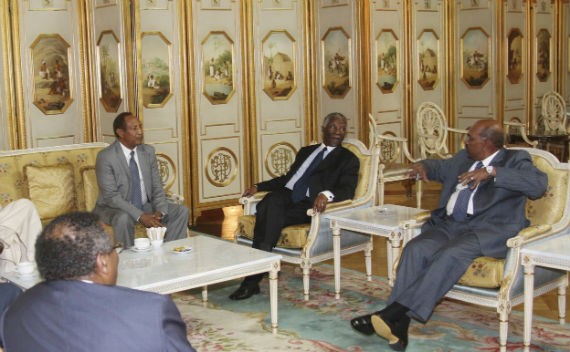Sudan: "Ethnic Cleansing" in South Kordofan?
More on:

Leaders from northern and southern Sudan reached an initial agreement yesterday to remove troops from Abyei and allow Ethiopian peacekeepers into the region. Secretary of State Hillary Clinton participated in some of the African Union (AU) negotiations in Addis Ababa, but it’s too early to tell if diplomatic efforts will resolve the situation in Abyei before July 9. The two sides have yet to work out the mechanics of the deal, including who will pay for the Ethiopian peacekeepers.
But, the recent reports of bombings in South Kordofan state and elsewhere have overshadowed diplomatic progress. Sudanese Armed Forces (SAF) and Sudanese People’s Liberation Army (SPLA) soldiers have been fighting since June 5, and the conflict has escalated quickly. Reports depict aerial bombing campaigns from northern SAF planes, with many of the attacks targeting Tolodi, Kadugli, and Dilling. The humanitarian situation is becoming increasingly grim: as many as forty thousand people have already fled Kadugli, the capital of South Kordofan state, adding to the over one hundred thousand people displaced thus far. Humanitarian organizations, which have complained about disrupted supply chains for weeks, cannot reach many of those in need. Journalists have faced harassment and physical abuse, according to Human Rights Watch.
The recent developments raise the unsettling question: will Sudan suffer another internal conflict similar perhaps to Darfur? An earlier UN document suggested Khartoum may be pursuing "ethnic cleansing" in Abyei, and new reports claim the northern Sudanese Armed Forces (SAF) are now targeting Nuba civilians, possibly in coordinated attacks. The UN describes “house to house searches in the west of Kadugli”—which could have an ethnic basis.
More on:
 Online Store
Online Store